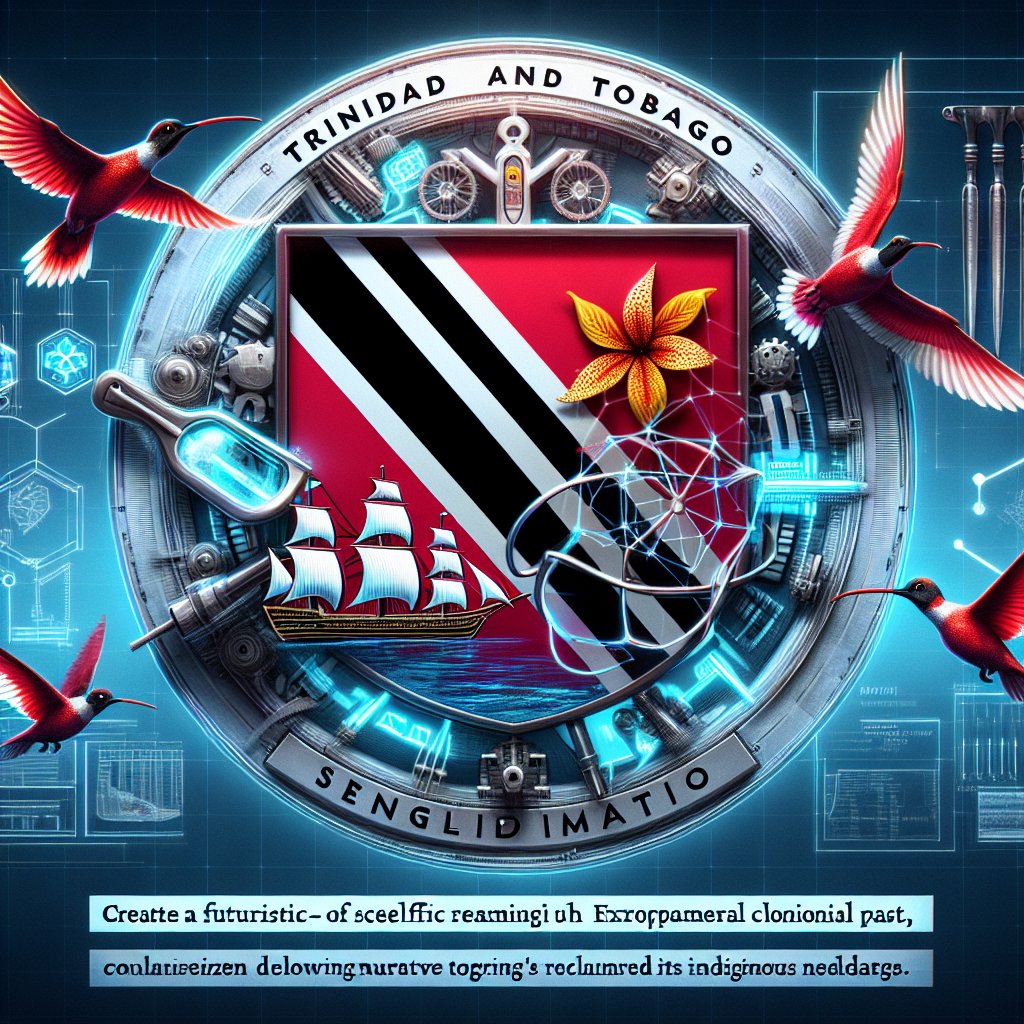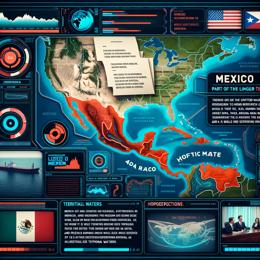Image created by AI
Trinidad and Tobago to Realign National Identity by Redrawing Coat of Arms
Trinidad and Tobago, taking a significant step towards shedding colonial legacies, is set to redefine its national emblem by revising the current coat of arms that has been the country's symbol since its independence in 1962. The island nation’s government has announced plans to remove the three ships associated with Christopher Columbus, emblematic of a European colonial past, and replace them with an icon that resonates with the country's indigenous identity - the steelpan.
This definitive move was announced by Prime Minister Keith Rowley at the People's National Movement party convention. He emphasized the significance of discarding colonial residue embedded in the nation's most symbolic representations. The steelpan, heralded as a key cultural emblem originating from Trinidad and Tobago, will now mark the nation's coat of arms, which also notably features the scarlet ibis and hummingbirds, symbols of the country's rich biodiversity.
The redrawing of the coat of arms forms part of a broader decolonization discourse within Trinidad and Tobago. Not only is the iconography getting an overhaul, but there's also a forthcoming public hearing intended to decipher public sentiments regarding the presence of colonial statues, signs, and monuments, with a view toward their potential removal.
In a move further distancing itself from colonial judicial ties, the government under Rowley’s leadership proposes to abandon the UK King’s privy council as its highest court of appeal. This arrangement, a vestige from the colonial administration, still serves as the ultimate legal arbiter for several Commonwealth countries, including Trinidad and Tobago. Rowley’s stance is clear as he articulated the nation's desire to step away from being "squatters on the steps of the privy council." The aspiration aligns with actions taken by other Caribbean states, such as St Lucia, which shed the UK-based council in favor of the Caribbean Court of Justice in 2023.
The revision and the associated developments are synchronised with global efforts to reassess and often dismantle symbols reflecting an era of colonization. A ripple effect has been observed, manifesting in the dismantling of Columbus statues across the United States and beyond, marking a broader recognition of the impact that colonialism has had on various societies.
Trinidad and Tobago is among the Caribbean countries actively seeking reparations from the UK for historical injustices related to colonialism, as the country continues to reckon with its past.
The transformation of the national coat of arms by the proposed date of late September underlines a reclamation of heritage and history that sits at the heart of Trinidad and Tobago's evolving narrative.










